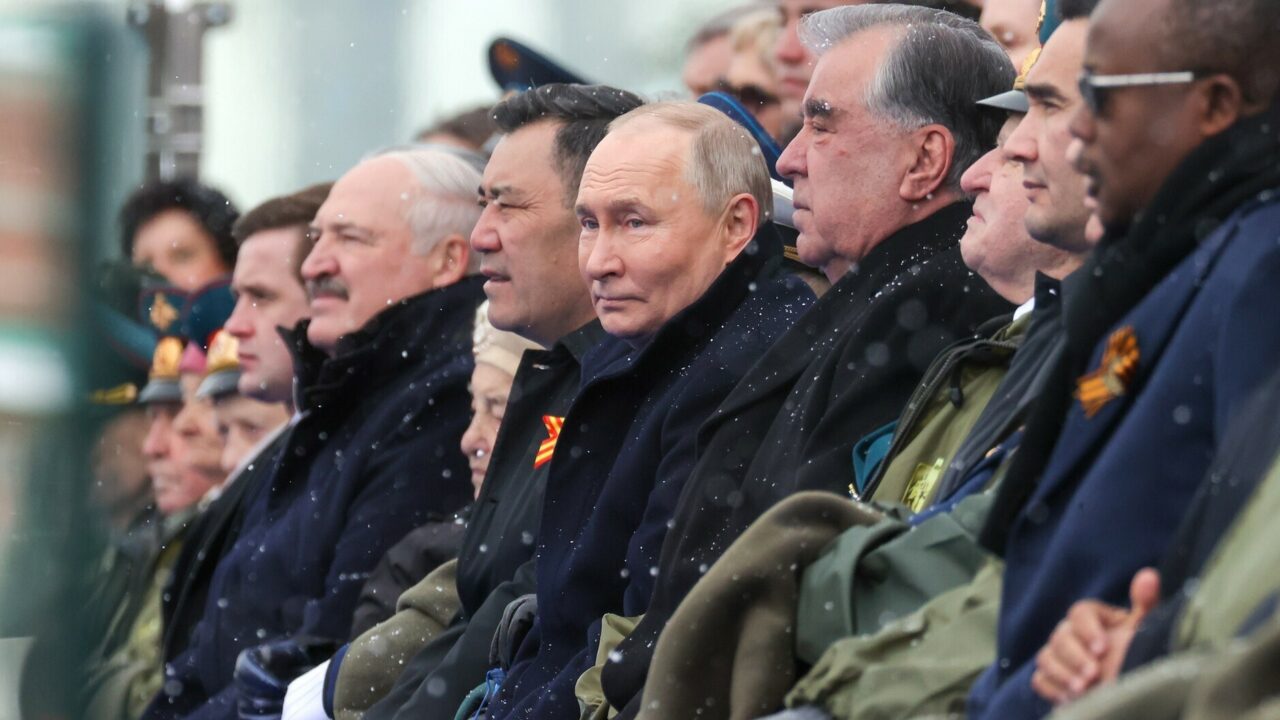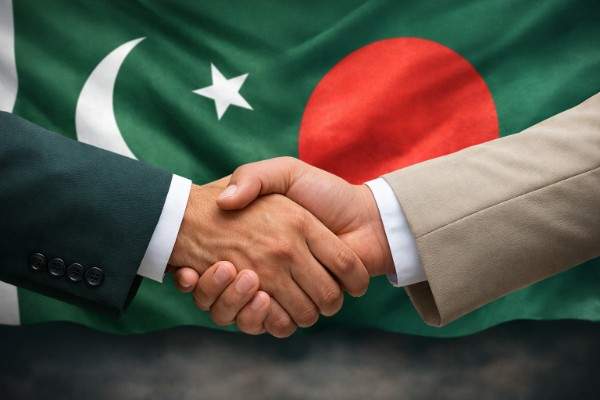The Federal Security Service (FSB) is a federal executive security establishment of the Russian Federation that is mandated to enforce the State policy of Russia and safeguard the State from potential threats emanating from domestic and foreign land, across all the domains. It came into existence as a successor of the former Soviet Security Service agency, the KGB, in 1995. The incumbent head of FSB is Alexander Bortnikov. It is tasked with the following responsibilities, carried out by the concerned directorate within the FSB.
- Counterintelligence
- Counterterrorism
- Internal Security
- Foreign Intelligence
- Investigation of Political Crimes
- The Border Security of the Russian Federation
- The Military Counter-Intelligence
- The special forces unit (Spetsnaz)
- Scientific, communication, political, and technical intelligence
- Anti-Dissident Operations
The security service agencies have always been powerful within the former USSR and now the Russian Federation. From the commencement of the Bolshevik Government in Russia, the concept of Chekism deepened its roots in the power corridors of the state. As a result, the pioneer Intelligence agency known as the Cheka constituted in 1917, is considered to be an all-powerful establishment within the former soviet society. The mastermind behind the institutionalization and expansion of Cheka was its founder Felix Dzerzhinsky.
In 1922, Cheka was replaced by State Political Administration (GPU) and it was again reconstituted into Unified State Political Administration (OGPU) in 1923. These security services departments were grossly engrossed in directing and influencing all spheres of the state, including societal fabric, industrial landscape, Government affairs, and even military operations. By 1930, the security service agency OGPU influenced and directed the entire security apparatus of the USSR.
Again in 1934, the OGPU was converted into the People’s Commissariat of Internal Affairs, the NKVD. It was granted an immense mandate under the Stalin administration to meddle in internal affairs. As a result, it began to serve the political interests of the Government by systematically intruding upon the domestic political landscape of the Soviet Union. Hence, Joseph Stalin relied heavily on NKVD to consolidate his political power, and in the harassment and execution of the opposing party members. Allegedly, it was responsible for the execution of tens of thousands of dissidents hailing from the Communist party itself, senior military, and Government officials under the umbrella of corruption purge campaigns. The NKVD was transformed into the People’s Commissariat of State Security, the NKGB, in 1941.
The Ministry of Internal Affairs (MVD) and the Ministry of State Security (MGB) came into inception in 1946 as an outcome of the bifurcation of NKVD. Eventually, due to the concentration of power and immense capabilities, the respective intelligence agencies were upgraded to a ministerial status to further augment the scope and scale of their activities. These two security service agencies of the USSR were tasked with the supervision of the nascent Soviet nuclear program and executed covert operations against the USA and UK. During WW2, the MGB was at the forefront in not only crushing the dissidents in Eastern Europe and the Soviet Union but also conducting covert ops and espionage in the Nazi-occupied regions. Reportedly, the MGB arrested and prosecuted more than 700,000 soviet critics of the government between 1945 and 1953. It used to plant its agents and informers in the critical governmental establishments of the USA and the UK in the post-war era. Moreover, the personnel of the “Red Orchestra” network of MGB was well entrenched in the crucial departments and ministries of Nazi Germany, not to mention the Foreign Affairs, Economics, and Propaganda.
However, after the demise of Stalin in 1953, the MGB was merged back into the Ministry of Internal Affairs (MVD) to contain its growing influence across all the departments of the State. Subsequently, the communist party of Russia established the Committee for State Security (KGB) which was strictly controlled by the senior leadership of the party. Resultantly, the MVD was abolished in 1960.
The communist party employed the KGB as a political instrument to exterminate all kinds of dissent and opposition to their regime. Hence, due to the immense power and resources granted to the KGB, it became the world’s largest Foreign Intelligence Organization, along with high-handedness in the affairs of the Government. In short, it manifested the apt notion of state within the state. Reportedly, it used to have 20 directorates dealing with different functions of the agency. The surveillance of soviet citizens and strict watch of human rights activists, journalists, and intelligentsia increased manifold under the new setup of the KGB. The critics of the regime were dealt with iron-handed. The KGB was officially warranted to supervise and oversee the executive, judiciary, legislation, and even the regular military of the Soviet Federation. Its technical and scientific Directorate played a prominent role in the development of crucial defense instruments, particularly in the procurement of cutting-edge technology required for Rockets, Missiles, and Submarines.
Interestingly, the sixth leader of the Soviet Union, Yuri Andropov, had served as the Chairman of KGB. In addition to it, he had headed the powerful central committee of the Communist Party before serving as KGB chairman. It is a testament to the intrinsic nexus of the communist party, KGB, and the soviet Regime resulting in the formation of the Power Triad. Although, under the reformist leadership of Mikhail Gorbachev, the draconian powers of the KGB were stripped off. As a result, after the disintegration of the USSR, the KGB was divided into different security agencies under the supervision of President Yeltsin.
The establishment of Federal Security Service (FSB) was the direct outcome of this division. The incumbent regime of President Putin relies heavily on the services and insights of FSB to consolidate his power internally and in his strategy to foreign matters. Moreover, it is believed that the decisions of Putin are grossly influenced by the FSB establishment. From the annexation of Crimea to the invasion of Ukraine, the FSB played a key role in initiating these campaigns. A study in 2006 undertaken by Russian Sociologist, Olga Kryshtanovskaya, reported that 78% of the appointees in the top echelons of the Russian Government had been the associates of KGB or its successor agencies. The incumbent President of Russia himself served in the KGB and had been the Director of FSB in 1998. Today, the FSB has achieved the status of being the premier intelligence agency of the Russian Federation, and it serves as the sword and shield of the authoritarian regime of President Putin.
Table of Contents
ToggleQazi Nashat Akram
Qazi Nashat Akram is an undergraduate student at NDU. His sphere of interest includes defense, security, military affairs, and intelligence.












